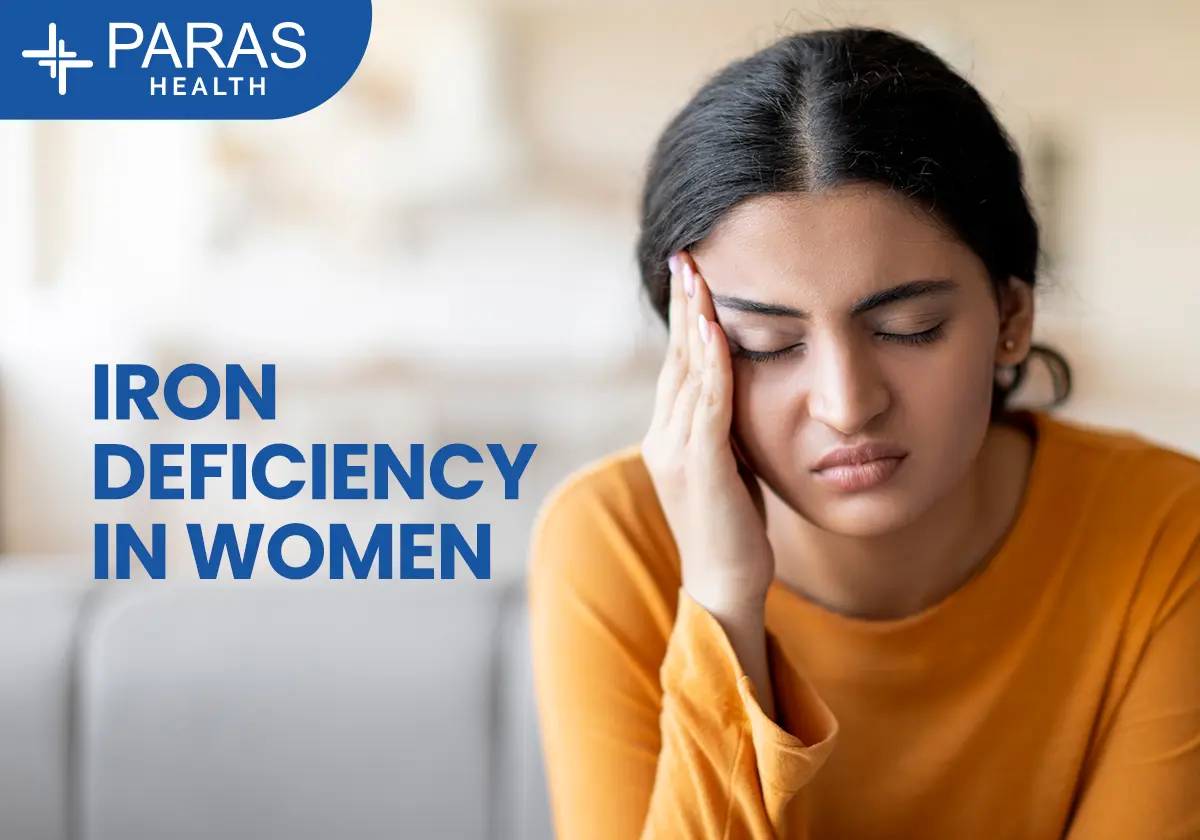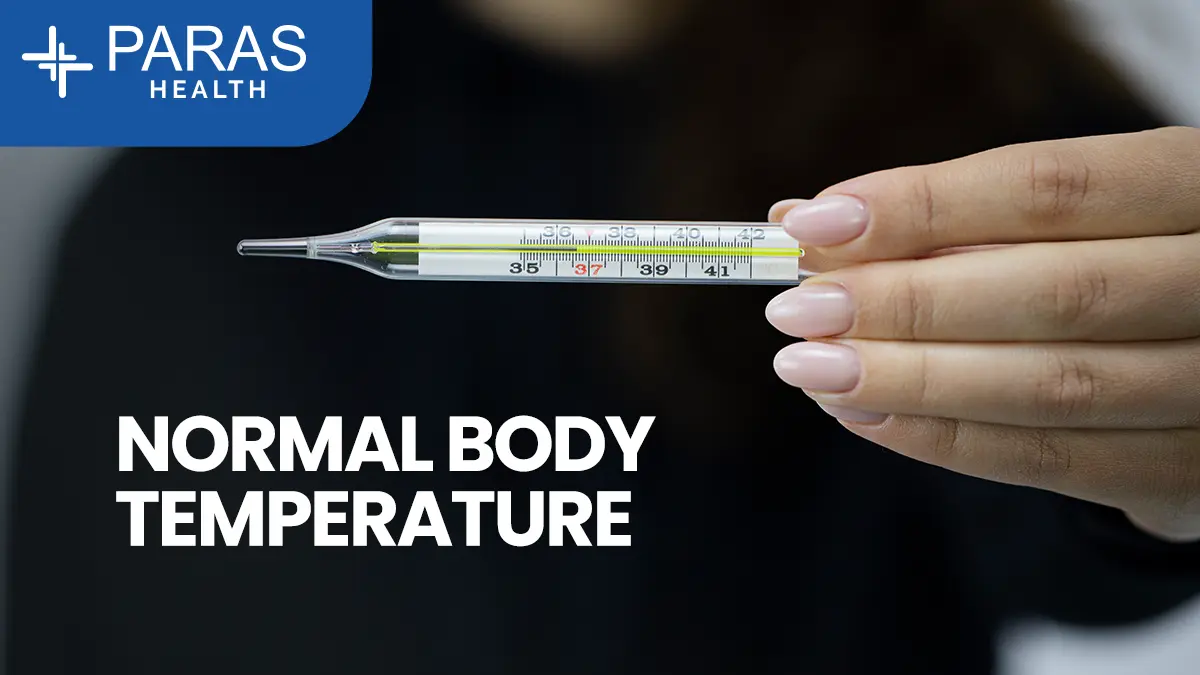Symptoms of Vitamin B12 Deficiency: Early Signs You Shouldn’t Ignore
May 29, 2025
Are you feeling unusually tired, forgetful, or experiencing strange tingling in your hands and feet? These symptoms might seem harmless or easy to ignore, but they could be telling you something important — your body might be running low on Vitamin B12.
Vitamin B12 deficiency is more common than you might think, especially among vegetarians, older adults, and those with digestive issues. The good news is — it’s easy to treat if caught early.
In this blog, we’ll walk you through the early symptoms of Vitamin B12 deficiency, what causes it, who’s most at risk, and how you can take simple steps to prevent serious complications.
Let’s dive in.
Why Is Vitamin B12 Important?
Vitamin B12 (also called cobalamin) is a water-soluble vitamin that plays a vital role in your overall health. It helps your body:
- Make red blood cells
- Keep your nervous system healthy
- Support brain function and memory
- Maintain energy levels
- Synthesize DNA and genetic material
Your body doesn’t produce B12 on its own, so you need to get it from animal-based foods like meat, dairy, and eggs, or from supplements. When you don’t get enough of it — or can’t absorb it properly — your body starts to show signs. These signs may appear slowly, making them easy to overlook.
Early Symptoms of Vitamin B12 Deficiency You Shouldn’t Ignore
Here’s a detailed look at the common signs of Vitamin B12 deficiency, especially in the early stages:
Persistent Fatigue and Low Energy
One of the first signs people notice is feeling constantly tired or weak, even after resting. This happens because low B12 affects your red blood cell production, which limits the amount of oxygen reaching your cells.
If you’re wondering:
- “Why am I always tired?”
- “Why do I feel weak even after a full night's sleep?”
… it might be time to check your Vitamin B12 levels.
Tingling or Numbness in Hands and Feet
That pins-and-needles feeling in your fingers, toes, or feet? It’s called paresthesia, and it’s a classic symptom of nerve damage from B12 deficiency. If ignored, this tingling can progress into numbness, balance issues, and coordination problems.
Pay attention if you:
- Frequently drop things
- Trip while walking
- Feel “buzzing” in hands or feet
Memory Problems and Brain Fog
Struggling to focus or remember things? Low B12 levels can impact your cognitive function, leading to what many people call brain fog. It’s harder to think clearly, make decisions, or stay alert.
Some people even report symptoms like:
- Forgetfulness
- Confusion
- Difficulty concentrating
Pale or Yellowish Skin (Jaundice)
A B12 deficiency can also affect your skin tone. It can make your skin look pale or slightly yellow, especially around your eyes. This is due to the breakdown of red blood cells and liver involvement, a condition linked to megaloblastic anemia.
Don’t ignore signs like:
- Pale lips or eyelids
- A yellow tinge to your skin
Mood Changes – Anxiety, Depression, or Irritability
Your mood can be greatly affected by a deficiency in Vitamin B12. It’s involved in the production of serotonin, the chemical responsible for keeping you calm and happy. Low levels of B12 have been linked to:
- Depression
- Irritability
- Anxiety
- Even mood swings
Mental health changes without a clear cause? It may be your B12 levels.
Swollen, Sore Tongue and Mouth Ulcers
This symptom is easy to overlook but highly telling. A swollen, red tongue (known as glossitis) with small ulcers in the mouth could signal a lack of B12. Some people also experience:
- A burning sensation on the tongue
- Cracks at the corners of the mouth
These signs may make it uncomfortable to eat or speak.
Blurred Vision or Visual Disturbances
Though rare, Vitamin B12 deficiency can affect your optic nerve, causing blurred or disturbed vision. It’s called optic neuropathy and can be reversed if caught early.
Watch out for:
- Shadows in vision
- Blurred eyesight
- Trouble focusing
Shortness of Breath and Dizziness
Do you feel lightheaded, especially when standing up or climbing stairs? B12 deficiency–related anemia can reduce oxygen flow, leading to shortness of breath and frequent dizziness.
Heart Palpitations
Your heart may beat faster or harder to compensate for the lack of oxygen in the blood. These episodes are called palpitations and can feel like:
- Fluttering in the chest
- Pounding heartbeat
- Irregular beats
If this happens often, consult your doctor.
What Causes Vitamin B12 Deficiency?
Some common causes include:
- Poor diet, especially in vegetarians or vegans
- Aging, which reduces absorption
- Gastrointestinal disorders like Crohn’s disease or celiac
- Pernicious anemia (an autoimmune condition)
- Medicines like metformin or antacids
How Is Vitamin B12 Deficiency Diagnosed?
Your doctor may recommend:
- Vitamin B12 blood test
- Complete blood count (CBC)
- Homocysteine or methylmalonic acid (MMA) test
Early detection makes treatment easier and more effective.
How to Treat Vitamin B12 Deficiency
Depending on the severity, treatment may include:
Diet Changes
Add B12-rich foods like:
- Eggs
- Dairy
- Chicken and fish
- Fortified cereals and plant milk
Supplements
Oral B12 tablets are commonly prescribed for mild to moderate cases.
Injections
In cases of poor absorption or severe deficiency, Vitamin B12 injections are given directly into the muscle.
Who’s Most at Risk?
- Adults over 60
- Vegetarians and vegans
- People with digestive conditions
- Those who’ve had GI surgeries
- Patients on long-term antacid or diabetes medications
When Should You See a Doctor?
If you notice more than one of the symptoms listed above, especially:
- Ongoing fatigue
- Tingling in hands or feet
- Mood changes or memory issues
… it’s time to consult your doctor and get a Vitamin B12 test.
Final Thoughts: Listen to Your Body
Vitamin B12 deficiency is easy to miss — but also easy to fix. Recognizing the early symptoms and acting quickly can protect your brain, nerves, and heart from long-term damage. Whether you’re experiencing symptoms or simply want to maintain your health, keep Vitamin B12 on your radar.
Take action today. Don’t wait for symptoms to get worse.










 (1).webp)